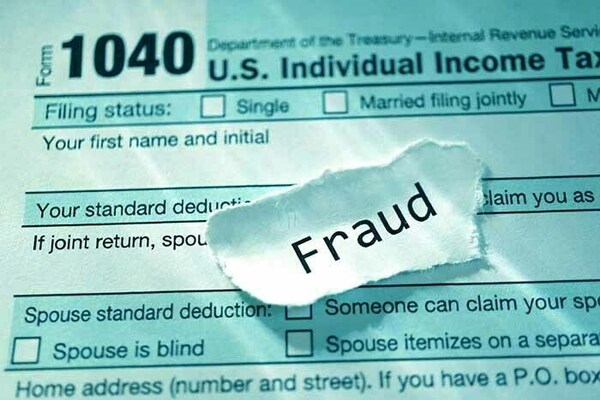
Tax season is in full swing, with the filing deadline of April 15, 2024 fast approaching. For countless Americans, preparing their taxes can be stressful and time consuming, with many questions being raised in the process.
So it’s no surprise that scammers are busy capitalizing on this uncertainty, often impersonating the IRS to trick people into sharing their sensitive information in the hopes of filing a fraudulent tax claim. Some of their common techniques are:
-
Phone calls, emails or texts that claim their target owes the IRS money and demanding payment.
-
These messages often create a sense of urgency and fear, and can sometimes include threats of imprisonment or legal action. It’s important to stay calm and think logically about what is being claimed and the actions being asked of you.
-
Emails with attachments claiming to help with tax law changes.
-
It’s likely the attachment contains malware, so it’s important to analyze any suspicious emails carefully. Signs of phishing and how to report a potential phishing attempt can be found in this knowledge article.
-
Emails asking to verify information about your taxes or other financial matters.
-
Remember, the IRS or any other reputable organization will never contact you by phone, email, text message, or on social media asking you for personal information, including financial information.
-
An email or phone call with enticing offers, such as how to receive your tax return refund early.
-
If an offer seems too good to be true, it probably is. Use caution and think critically about what is being offered to you before engaging with messages like this.
Other than being aware of the common scams targeted at taxpayers, filing early can also help protect against tax fraud, as the IRS accepts only one tax return per social security number. Early submission can reduce the chances of a cyber criminal acquiring and using your information to file a fraudulent return. And bonus - you get that refund that much sooner too!
Tax season is just one of many times of year that cyber criminals take advantage of the questions, concerns and stressors every day people are experiencing to benefit themselves. The common signs of phishing are always important to remember, and the trick is to step back, think critically and don’t act too quickly.